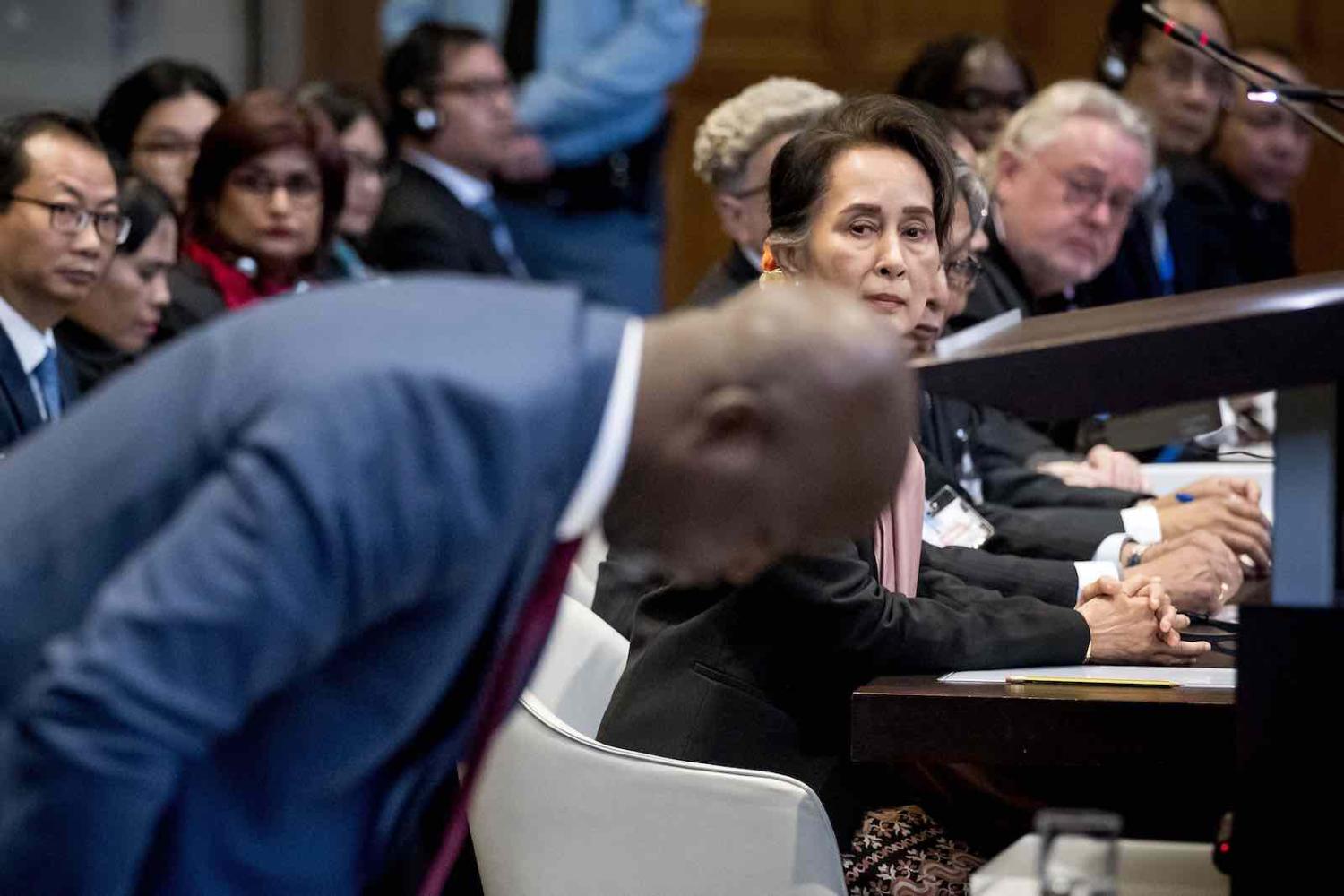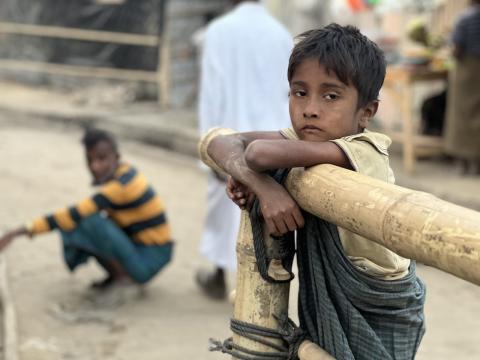Yesterday, Gambia commenced its arguments in the case against Myanmar at the International Court of Justice, relating to the application of the Genocide Convention and the Rohingya. After filing its application on 11 November, in which The Gambia initiated the case at the ICJ and also asked the court to order interim measures of protection, the proceedings across three days are for a specific purpose – to hear both sides, and to make a determination as to provisional measures.
It is good to keep in mind that these hearings are for this limited and specific purpose only. This is not a hearing on the merits of the case. One might have forgotten that, especially at the initial stages of the hearings, when The Gambia team elaborated in significant detail the allegations of atrocities and genocidal acts.
However, this was a necessary strategy, in order to lay the groundwork to satisfy the legal requirements for provisional measures, that is, urgency and necessity of the measures, as well as prima facie jurisdiction and underlying plausible rights. The legal determinants for the International Court of Justice to order provisional measures have been developed over the years as a result of the various cases before it, and there are particular factors that must be met per Article 41 of the ICJ Statute.
On the aspect of urgency of measures required and the irreparable harm caused, this was “blindingly obvious” and it was argued that these were the “most compelling” provisional measures ever heard before the court.”
A few points in the Gambia’s arguments are worth the time to hone in on, specifically related to provisional measures.
An aspect that received significant attention was detailing the “dispute” between The Gambia and Myanmar, as required by Article 9 of the Genocide Convention. The Gambia also emphasised that the beneficiaries of the Genocide Convention are not just state parties but also the groups that are protected by the Convention. The argument is that Article 41 protects rights that The Gambia holds under the Genocide Convention as well as the Rohingya – while this may seem evident, it was a point that needed to be made emphatically, for the court to be clear in its assessment and ability to issue provisional measures.
On the aspect of urgency of measures required and the irreparable harm caused, this was “blindingly obvious” and it was argued that these were the “most compelling” provisional measures ever heard before the court, in light of the recent September 2019 report of the Independent International Fact-Finding Mission on Myanmar (FFM), which assessed a “serious risk” of genocidal actions occurring or recurring.
The Gambia has asked for very specific provisional measures – a departure from broad or sweeping measures – in light of the fact that in the Bosnia case, provisional measures were ordered early on, but the Srebrenica genocide still occurred two years after that order by the ICJ. In addition to stopping the genocidal acts, it was argued that the orders should include access to the UN and other investigative bodies, as well as for the preservation of evidence.
Given the evidential imbalance as evidence remains on the territory of Myanmar, it was argued that the order must include protection against non-compliance and progress in implementation of the order.
What was interesting was the strategy to address the role of the court and to put it on the spot. While clarifying that Gambia was not asking for an active role of the court, it was asking for clear reporting back to the court, in light of the Bosnia case. The “reputation of this court” for effective realisation of provisional measures was at stake, and it would be grave if there were no specific provisional measures and implementation, according to The Gambia. In the words of Professor Philippe Sands, the ICJ is the guardian of the Genocide Convention and the “world’s eyes are on you”. Clearly, high stakes for the role and reputation of the ICJ as well.
What next? Today Myanmar will present arguments, with Aung San Suu Kyi heading the delegation at The Hague. The eyes of the world will truly be riveted on the proceedings today – especially since there are no written submissions by Myanmar so far, and so these hearings will be the first formal indication of Myanmar’s legal approach and arguments.
Besides the optics of this case, it is important to remember that these proceedings are the initial steps. It also must be emphasised that satisfying the requirements of provisional measures, and even a positive order by the Court does not mean a guarantee of success on the merits of the case. A note of caution as we watch these legal proceedings unfold at the world court.
A version of this article will appear at Opinio Juris.

